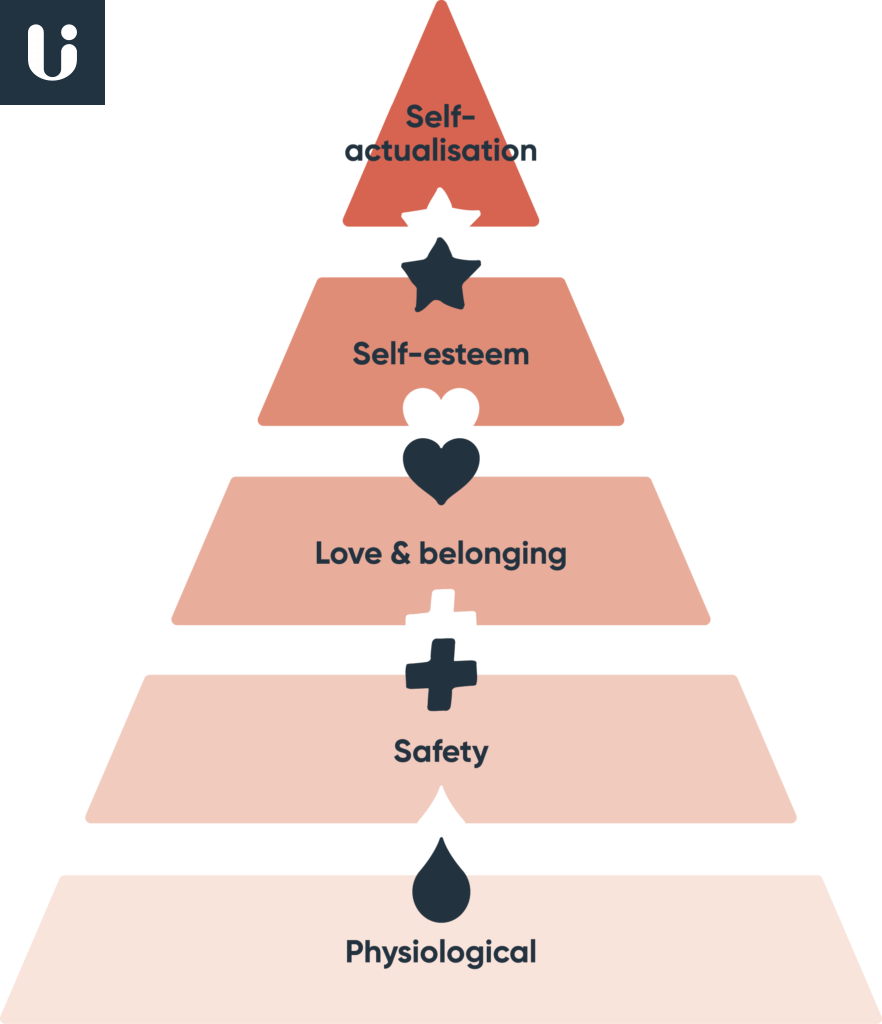Botox for depression? No need for furrowed brows, says Allergan’s head of R&D David Nicholson

Given that it is best known for its aesthetic potential in reducing facial wrinkles, few people will know that Botox (onabotulinumtoxinA) has as many as 11 separate therapeutic indications, treating conditions ranging from overactive bladder to chronic migraines.
Fewer people still will be aware that Botox is being investigated as a treatment for major depressive disorder (MDD), with early results suggesting that injecting the neurotoxic protein into the glabella area can have highly promising results even in patients with treatment-resistant depression.
What is clear is that Ireland-incorporated drugmaker Allergan (NYSE: AGN) is making the most of what it one of its flagship products, and that it is not finished there, as shown by its investigations in depression, an area of limited progress in recent decades.
“It’s all been modulation of monoaminergic pathways, serotonin and norepinephrine,” says David Nicholson, the company’s head of research and development (R&D), explaining in an interview with The Pharma Letter why new and different treatments with new mechanisms are needed.
“Despite the availability of tricyclic antidepressants, selective serotonin reuptake inhibitors (SSRIs) and serotonin–norepinephrine reuptake inhibitors (SNRIs), there remains a huge unmet need for novel drugs to treat this disorder,” he says.
Chance finding
Indeed only about a third of the patients treated with presently available drugs respond to the first agent, and even when rotated through multiple therapies, still a third of people do not respond at all.
Dr Nicholson adds: “Depression is such a huge problem around the world, massively affecting people’s day-to-day lives, but also unfortunately one of the major causes of suicide, so there’s a big need for new drugs, and it’s one of our major areas of focus at Allergan.”
Although Allergan has other pipeline programs in depression, the Botox case could attract the most attention given the brand’s high profile. So how did it come to be seen to have potential in MDD?
“Some investigators in Germany, rather serendipitously found that among patients with depression who had been treated with Botox, their depression was alleviated,” Dr Nicholson says. “The investigators have done four or five clinical studies independently which showed that Botox had a beneficial effect in depression which was comparable to the SSRIs in effect size.”
‘Potentially exciting’ results
Dr Nicholson adds: “Perhaps the most commonly accepted hypothesis of why Botox could be working in depression is that when people receive the injection in the glabella area, they look less depressed, and that’s important because it’s inter-personal – the way people react to people – if people respond positively to you, that helps to alleviate your feelings of depression.
“There are other hypotheses which is more to do with effects of Botox on afferent-nerve activity to the central nervous system and modulation of neurotransmitter release. That’s been somewhat less researched.”
Whatever the reason behind it, be it inter-personal or a more scientific effect, with such notable results in the independent investigations, Allergan would be foolish not to investigate further, which is why it is running a Phase II study in MDD. A single administration is being followed up over several weeks, and the read-outs of that study are set to come out later this year.
Dr Nicholson adds: “Phase II studies in depression are notoriously fraught with difficulties but hopefully we will reduce the data from these investigator-initiated studies and move onto Phase III. It’s potentially exciting.”
If Botox’s progress in another therapeutic area which might at first have seemed unlikely – chronic migraines, for which it is becoming the standard-of-care – is anything to go by, then Allergan could well be onto something again.




